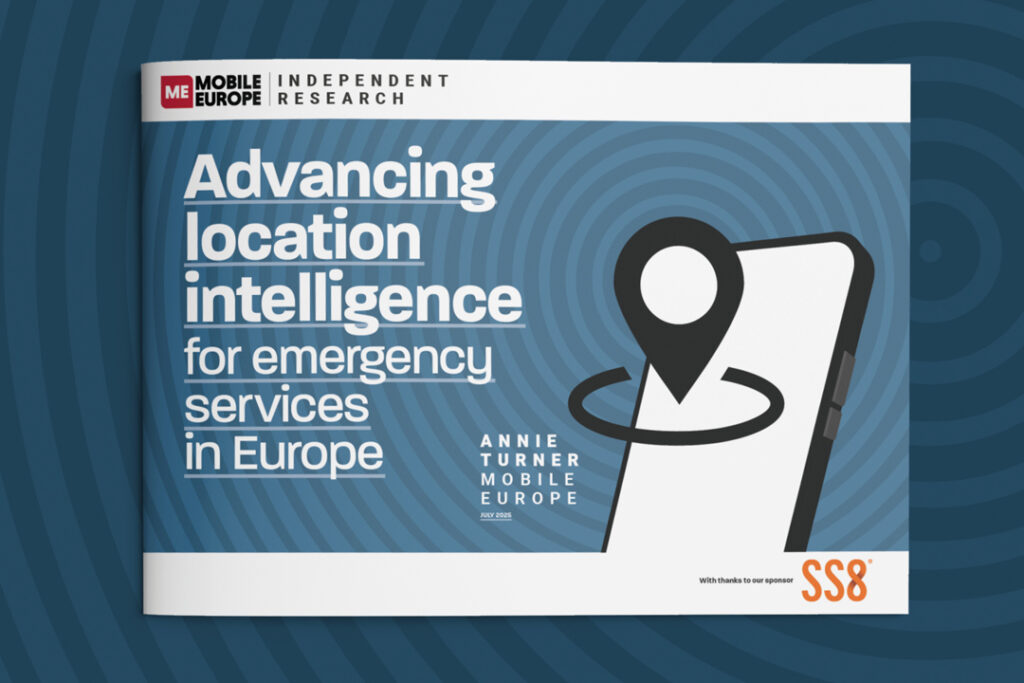Doing it our way is for the best, operators' association says.
The GSMA has called for the mobile industry, and chiefly the handset makers, to get a move on with producing handsets that comply with its vision of how NFC mobile payments will work.
The GSMA wants handsets available by the middle of next year that include SIM control of the secure element, using the ETSI Single Wire Protocol to interface between the SIM and the NFC chip in the phone. This interface is called the Host Controller Interface. It can also be used to control other secure chips, and applications processors, on the phone.
Michael O’Hara, CMO of the GSMA, told Mobile Europe that by signing up to the GSMA “Pay-Buy-Mobile” approach, handset makers would avoid fragmenting the market. They would also benefit from introducing an attractive service for users onto handsets, potentially boosting sales at a time when forecasts of device sales are looking “significantly down”.
The issue for the industry is how far to allow the SIM, and by extension the mobile operators, to control the secure element of the process. Gartner Group has produced research which details the level of unease. One issue with hosting the secure application on the SIM, is that the graphical experience is reduced for the user, despite SIM card manufacturers seeking ways round this.
More strategically, Garner says that the mobile operators and SIM manufacturers are keen for the SIM to have a say in all communication that the NFC chip has with all other chips in the phone, to the point of giving the SIM the authority to reject an application unless it is stored on the SIM or controlled by it, and are pushing for ETSI's SIM committee to have this model adopted.
A Gartner report also details the approach of the key handset player in the market, Nokia.
“Nokia, on the other hand, wants the HCI only to apply to communication between the SIM and NFC chip. Nokia does not want either the HCI or the SIM to be involved in applications stored on other secure chips in its phones, and is pushing this model with the NFC Forum, a group that it helped to create. Unfortunately, should Nokia fail to adopt ETSI's position — if this is the direction that the industry moves in — it will further delay phones and massively increase prices, dramatically impacting the time to market of NFC handsets and delaying the widespread usage of
NFC.
Gartner points out that the battle for control between the different parts of the supply chain has led to a lack of availability of NFC handsets. Inabilities to agree on standards as well as the lack of a business case to justify the expense have both contributed to their limited availability. Some vendors such as INSIDE Contactless have developed an adhesive NFC device, that can be stuck onto a mobile phone, allowing it access to GPS, transit and smart postering applications that are being trialed, however this is a limited and short term solution.
It may even be that the solution comes from the SIM card manufacturers themselves offering their services as a trusted third party to both the banks and mobile operators.
But for O’Hara the issue is simple. “This industry has consistently seen the benefits of a common approach, and we believe you don’t get anywhere without it. What we are saying is, we have the specs done, the trial results are done, the results are positive. Yes, there is a supply chain there, but let’s get going and get handsets in shape for next year.”
Pay-Buy-Mobile Trial Results:
The following are the highlights of the GSMA’s own released results.
• In Korea, SKT and KTF had approximately 450,000 trial users of the "T-money" service. According to KTF's survey, 85% of m-transportation users indicated satisfaction levels were 'very high'. 85% of them believe that using a contactless mobile phone is much more convenient than getting their wallet out to use public transportation, and would continue to use the mobile service.
• In the "Payez Mobile" trial in France, conducted by four operators with 500 sales outlets and nearly 1000 triallists, over 90% of triallists said they found contactless mobile payment convenient, fast, and easy to use. In addition, 94% said they would recommend it to their friends and family. 80% of merchants saying they appreciated the speed and cutting-edge appeal of mobile contactless payment.
• FarEasTone in Taiwan found that 90% of its 200 trial users felt positive toward to this new service. 80% of people were satisfied that the service is secure, and 40% said they would switch their monthly spending to a mobile credit card service.


